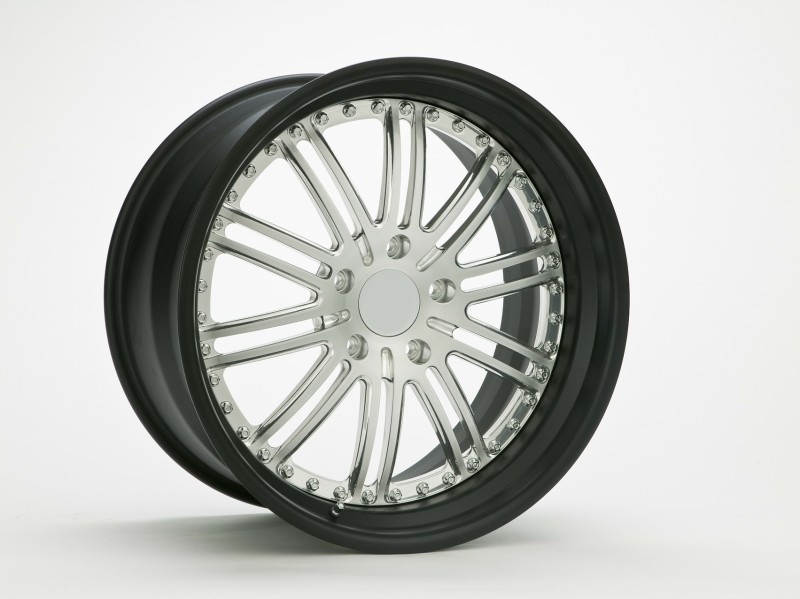Safety-related Aspects of Tyre Use
13.27
From 2013 to 2014
TML collected and analysed data for a European Commission study on road safety, with a focus on harmonised tyre use, tyre pressure, and tread depth. This resulted in a comprehensive cost-benefit analysis of possible measures, after which TML and TNO proposed 10 policy actions to improve road safety in the EU.
In July 2010, the European Commission updated its road safety policy orientations for the period 2010 - 2020. One of the strategic objectives is the enforcement of traffic rules. In its report on road safety, the European Parliament stressed a harmonised approach to winter tyres for passenger cars, buses, and light trucks in EU regions, taking into account the weather conditions in each Member State. It also recommended that the Commission propose common standards for vehicle tyres, in particular for tread depth and tyre pressure and specifications for tyre pressure monitoring systems (TPMS), to ensure that tyres are used correctly.
The main conclusions of the study are as follows:
TML was responsible for data collection and data analysis related to road safety. For the key elements of the study (harmonised tyre use, tyre pressure, tread depth, and consumer awareness), TML conducted a comprehensive SCBA to compare the different possible measures. We then proposed ten policy actions together with TNO.
In July 2010, the European Commission updated its road safety policy orientations for the period 2010 - 2020. One of the strategic objectives is the enforcement of traffic rules. In its report on road safety, the European Parliament stressed a harmonised approach to winter tyres for passenger cars, buses, and light trucks in EU regions, taking into account the weather conditions in each Member State. It also recommended that the Commission propose common standards for vehicle tyres, in particular for tread depth and tyre pressure and specifications for tyre pressure monitoring systems (TPMS), to ensure that tyres are used correctly.
The main conclusions of the study are as follows:
- An analysis of laboratory tests shows that winter tyres, compared to summer tyres, have an improved performance in low temperatures and snow or ice on the road. This is important for road safety. Accident data partially support this finding. The main improvement would be the use of a common standard for winter tyres in all member states, based on the existing 3PMS approval test that sets unambiguous performance criteria for winter tyres.
- Technical performance tests show improved safety on wet roads when tread depth is increased. The results of the study suggest that 4 mm is an appropriate depth for cars, based on accident analysis and existing legislation in member states, and 1.6 mm for trucks.
- Poor tyre pressure maintenance can lead to under-inflation, resulting in reduced road safety. A TPMS system can prevent such low tyre pressure, but the user must be able to take appropriate actions. Therefore, consumer awareness remains very important, as does the provision of free refill stations at various locations (petrol stations, service stations, etc.).
TML was responsible for data collection and data analysis related to road safety. For the key elements of the study (harmonised tyre use, tyre pressure, tread depth, and consumer awareness), TML conducted a comprehensive SCBA to compare the different possible measures. We then proposed ten policy actions together with TNO.


